The Economy and Inflation Explained
With the midterm elections on Tuesday, November 8, the economy has been a big talking point for many of the candidates. Many Republican candidates, including Minnesota gubernatorial candidate Scott Jensen and House candidates Tyler Kistner and Tom Weiler, have made inflation a central part of their campaigns. Inflation, as of October 2022, is at 7.75% nationwide, about 3x the 10-year average. This has caused costs on essentially all goods to rise, and 74% of low-income families in the US say inflation has caused them financial hardship. Republicans have pinned inflation as a result of Joe Biden and Democrats’ higher government spending and stimulus checks; however, it would be inaccurate to name this as the sole source of inflation. In reality, the root of our current inflation is a combination of international factors, corporate greed, and increased money in circulation from stimulus spending.
While inflation is clearly prevalent in national politics, it is a global issue with examples found around the world. Inflation in the UK is at 9%, 7% in Brazil, and 86% in Turkey. The COVID-19 pandemic disrupted global supply chains, reducing the number of goods produced around the world. Low supply and high demand is a formula for higher inflation. The Russian invasion of Ukraine has also caused higher energy and wheat prices worldwide, further worsening the crisis.
Unfortunately, many corporations have capitalized on rising costs and created disproportionately high prices that hurt working families. This is called profit-price inflation, and many industries are guilty of using inflation to mask their increasing profit margins. These industries have been consolidated into a few trusts that control the market, allowing them to raise prices without consequences. For example, 3 out of the 5 largest companies in the shipping industry have seen profits increase by 29,965% from 2019 to 2021, and the profit of the two largest rental car companies increased by 597%. These massive profit increases are not limited to these two industries, but rather are common across the US economy. In the words of a corporate executive from Kroger, a large supermarket chain, “[A] little bit of inflation is always good in our business.”
However, Republicans are not entirely wrong when they say that the recent stimulus checks increased inflation. As stated before, the basic formula for inflation is high demand and low supply, and when millions of families are given substantial amounts of money to spend, demand goes up. These stimulus checks were extremely important as they allowed many families across the country to cover their basic needs such as food and pay household bills during a time of economic hardship. While these checks did contribute to rising inflation, it was for a good cause. According to the Federal Reserve Bank of San Francisco, stimulus checks may have increased inflation in the US by about 3% in 2021.
All three of these factors contributed to inflation, making it a much more complicated issue than some candidates have made it seem. Efforts to reduce inflation, such as increasing interest rates seem to be working, as inflation is down 1.4% from a peak in June, but the progress remains slow. In the meantime, inflation continues to challenge individuals as well as the economy, and in order to return inflation to regular levels, all three root causes must be addressed and solved.





















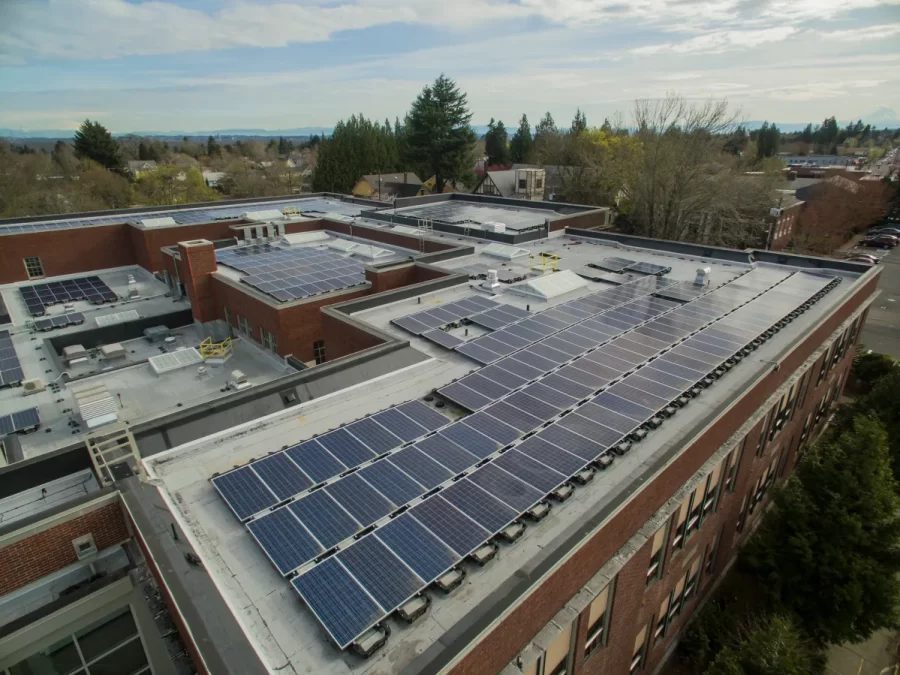

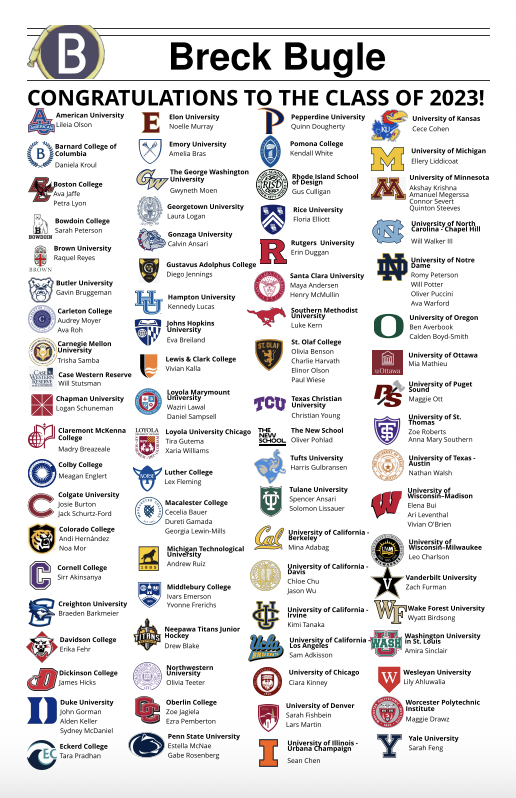



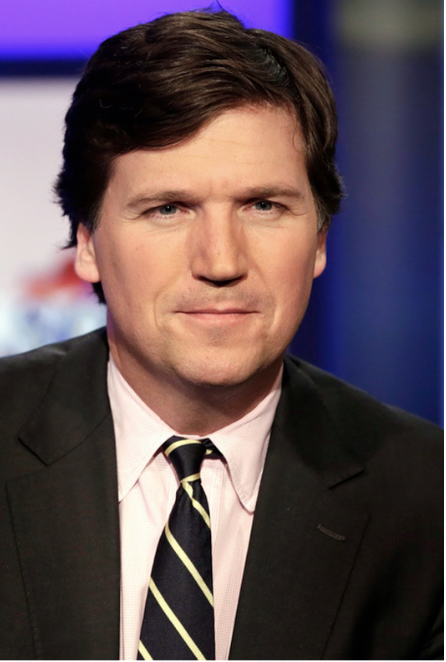
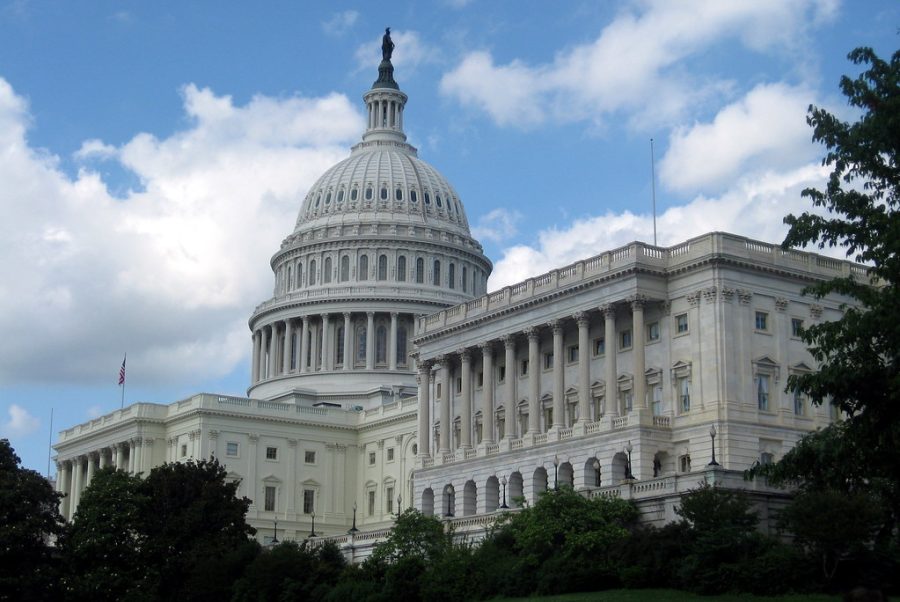
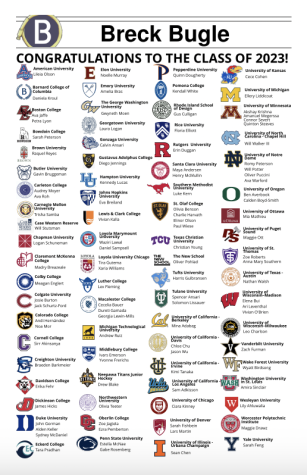



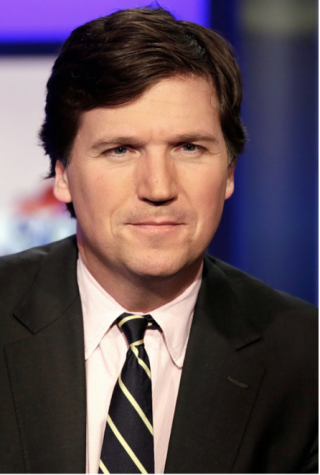
optyfiy • Nov 29, 2022 at 9:49 am
LFG